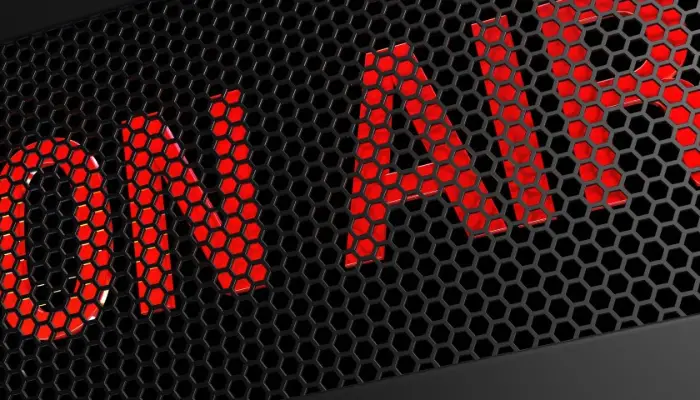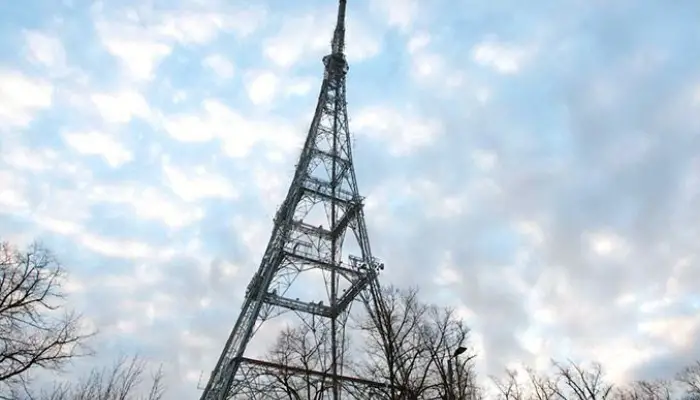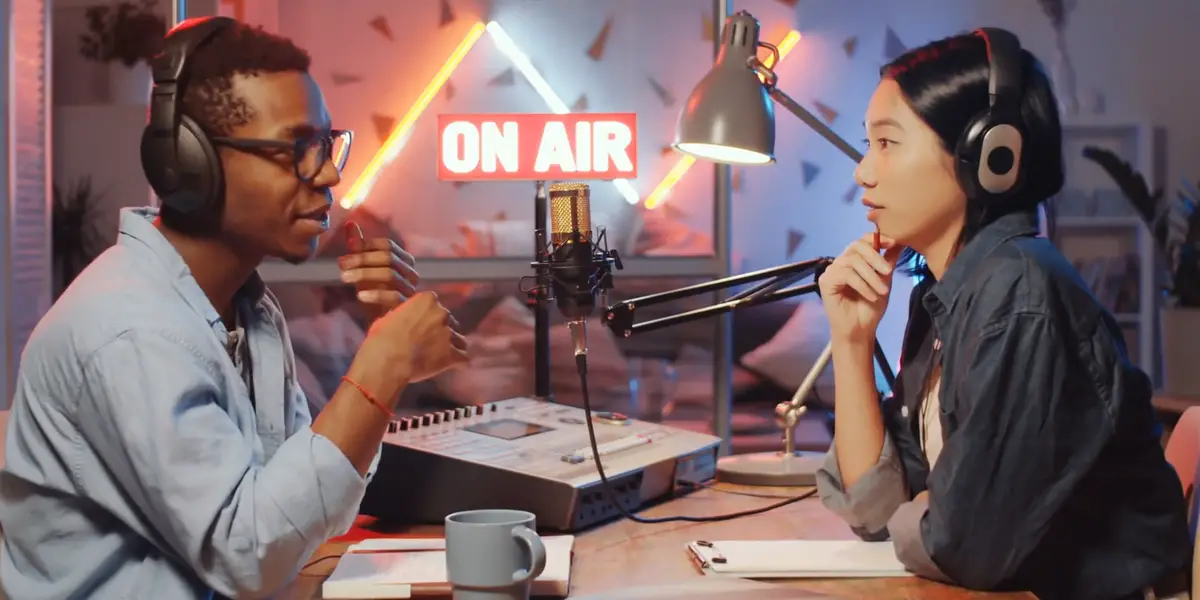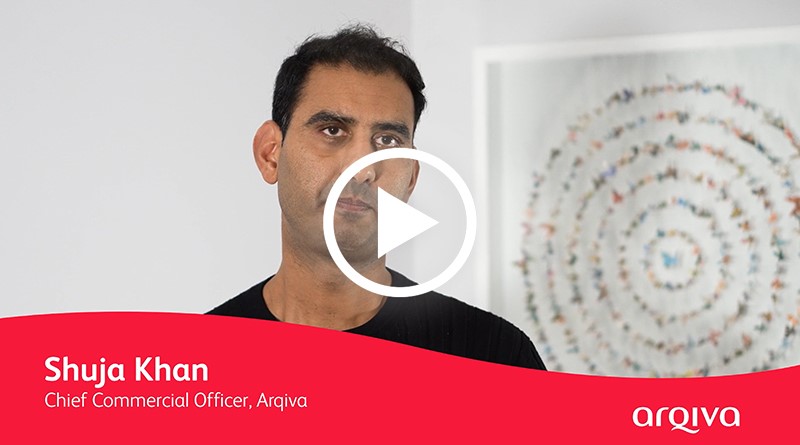The pandemic proved just how central radio is to our lives and our society. Arqiva provides the technology that enables it to flow into our homes and cars, but it’s the talent that really counts.
Back in August, the Bilsdale Mast in the Northeast of England was damaged by fire. Hundreds of thousands of people across County Durham and North Yorkshire had their radio and TV signals interrupted. At Arqiva we reacted immediately, and we’ve been working hard to restore services ever since.
That incident brought home to me just how vital radio is to the very fabric of our lives. The voices, the conversations, the opinions and stories are all part of the flow of our daily lives. Radio is about companionship, stimulation, information, and entertainment.
And, just this week, I was interviewed on a local BBC radio station answering the questions of listeners who had been affected… and that brought into sharp focus how personal their relationship is with their radio station and just how vital it is to communities.
That’s why, at Arqiva, we frame our purpose as enabling a Switched On World to Flow.
The technologies and facilities we’re responsible for are the nuts and bolts behind that invisible flow of sounds. Forty million listeners – in their homes and their cars – depend on what we do. We deliver over one hundred million hours of live radio every single day.
It’s something we’re incredibly proud of.
Over the last 18 months the ability of radio to inform us and bring us together to get through this a once in a century challenge has proven just how critical our industry is.
That’s why I’m passionate about the importance of regional and local radio… and more widely the talent that’s needed to assure Radio’s future.
For me, that talent must be as diverse as possible. We need it to provide a credible source of information and give a voice to communities… and sections of society which, without local radio, would go unheard.
That’s why, when the pandemic hit, we worked with the industry to support local radio stations across the country to cope with the inevitable drop in local advertising revenue. And we worked closely with DCMS to create a plan which provided over fifteen million pounds worth of support to ensure no station was forced to close.
The recent DCMS Radio Review’s findings reveal that there is a strong consensus that the radio ecosystem at all levels, local, regional, and national, needs to be actively supported and cultivated. I fully support the report’s recommendations. Yes, we need to sustain community focused radio services; regulatory burdens must be reduced; and we should build on the success of initiatives like the community radio content fund to meet the demand for more inclusive programming.
To do that, in my view, we need the right people with the right skills and training. As the UK’s radio distribution network operator, we are committed to playing our part.
The latest RAJAR results show a continued migration towards digital platforms. We need to make sure that our DAB networks are robust so that we serve as many people as our licences allow. We are constantly looking at ways to expand those networks both for ourselves and our customers.
Diversity is a key priority for me. I am a British Muslim of Pakistani heritage, and I grew up constantly switching from Dr Fox on Capital to Tony Patti on Sunrise and onto Trevor Nelson on Kiss FM – and back again. That fulfilled a need to nourish all the dimensions of my culture and background.
Radio is changing because radio reflects the way our nation is changing. And that’s why we need far more decision makers in the industry from diverse backgrounds. At the moment, they are under-represented, especially talent from the Black community.
The people in the radio studios… and in the boardrooms of the broadcasters… must reflect the diversity of the people who listen to it.
Arqiva is actively playing its part. We’ve doubled the proportion of senior leaders who are women, we use blind recruitment, we are looking at outreach programmes to attract more diverse recruits, and we’re coaching people who until now might never have thought about going into broadcasting.
Alongside this, we are providing leadership role modelling and mentoring to help forge their careers. And this extraordinary talent needs great technology to stay ahead of change in the way people engage with radio… as well as how radio is made and broadcast. And that requires the right talent to deliver it. We’re looking to attract a more diverse team to make IP delivery, cloud-based processing, and data science work for all our customers.
I really believe that there has never been a better time to be working in this vibrant industry – our industry – at time when radio really does make the UK flow.
This is our chance to ensure that that the flow of great content reflects a wonderfully diverse and richly talented nation. I am thrilled to have entered this industry at such an exciting time. And I can assure you that we are going to work hard to make the most of the opportunity.
Views

Putting digital radio in the spotlight

Broadcast radio listening to remain strong until at least 2030

Digital Radio: The new normal in the UK - Coverage

